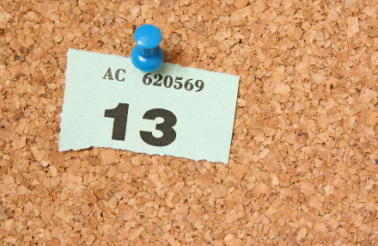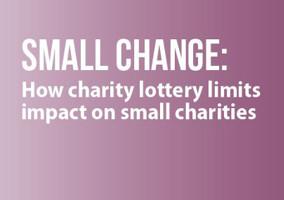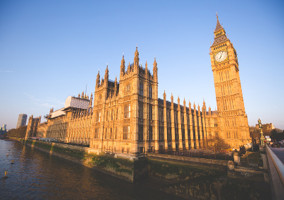Charity lottery operators say they face spending up to £375,000 in legal and administrative costs because the government has not yet come to a decision on raising lottery limits, Parliament heard this morning.
The Lotteries Council, which has been campaigning for an increase in the annual sales cap on charity lotteries from £10m to £100m for some time, held an event at the Houses of Parliament this morning to discuss the findings of a recent report and urge the government to move things forward.
A government consultation on raising limits closed last September, and ministers at the time indicated that the government's preferred outcome is to raise the limits to £100m. The government first began the process of consulting on raising the limit in 2014; the current annual turnover limits on society lotteries date from 2005, while the current draw limits date from 2009.
The Department for Digital, Culture, Media and Sport has said it will publish the results of the most recent consultation on charity lotteries by June this year. But operators whose activities are currently approaching the limit say they face having to apply to for additional licenses or stop growing their player base.
Gary Hawkes, chief executive officer of Local Hospice Lottery, said: “Success and positive impact is threatened by the current regulations on society lotteries as we quickly approach the £10m turnover cap.
“Our partner hospices place a great value on receiving unrestricted income from Local Hospice Lottery, enabling them to prioritise how they develop their own services locally.
“As such not only do local hospice lotteries face £100,000 in one-off costs to establish an additional lottery, we also face a very real prospect of a further £275,000 additional costs each and every year if the cap isn’t lifted from the current limit.”
He said that the one-off cost comprised of legal costs and communicating the changes to existing players.
Growth through lottery funding is an expensive process
Nicole Wastell, lottery manager at Essex & Herts Air Ambulance said: “Although it is possible for us to continue growing and recruit new players via an additional Gambling Commission license, it does have its drawbacks. It is an expensive process.
“We’ve budgeted that it could cost us up to £100,000 in order to do this process, so the extra administration, extra licensing and all the communication that goes with that.”
She added: “I’m really pleased that the government’s preferred option is to raise the cap to £100m, however we have already spent £20,000 of the budgeted £100,000.
“We are incurring costs now on a daily basis that we can’t really put off.
“So for us it is really critical that we see some movement in the next couple of months otherwise we will be forced to spend that £100,000.”
Competition to National Lottery
Research from nfpSynergy says there has been steady and consistent growth in the income from charity lotteries, doubling in five years to £296m in 2017/18.
Currently an organisation fundraising money through charity lotteries has to limit the number of lottery draws per year because of the interaction between the £10m sales cap and a growing number of ticket sales.
Malcolm Fleming, head of public affairs at People's Postcode Lottery, said the main concern being put forward over raising the cap on charity lottery annual sales to £100m was the competition posed to the National Lottery.
But in response he said 55 per cent of players of charity lotteries play to help charities compared to around 15 per cent of National Lottery players.
In its review on society lottery in June 2018, the Gambling Commission said it found no evidence of any impact on the National Lottery from charity lottery income.
Related articles












